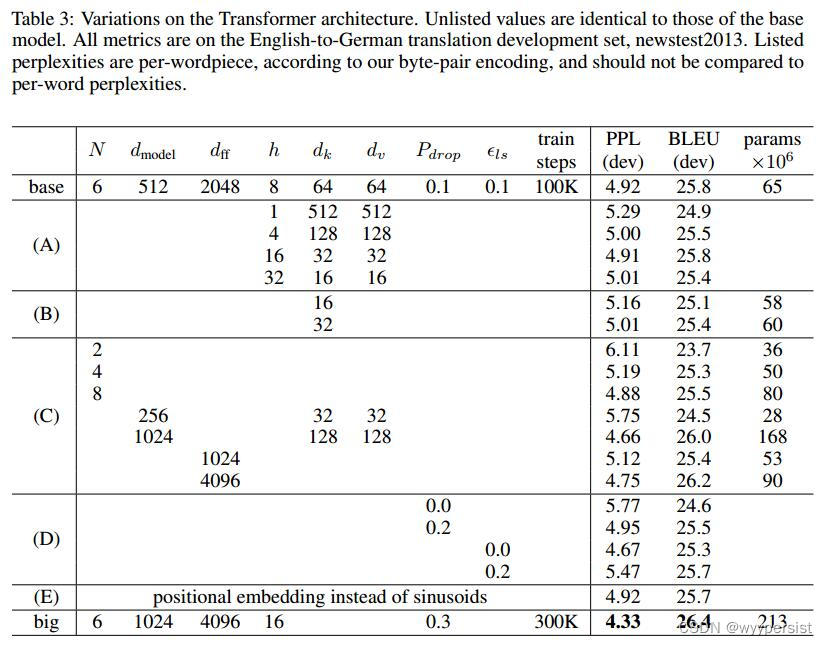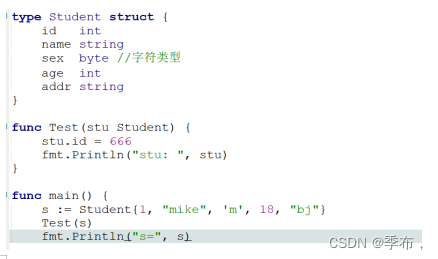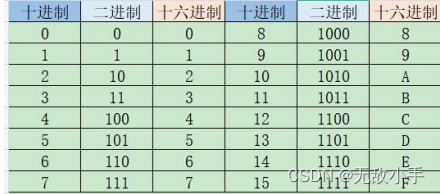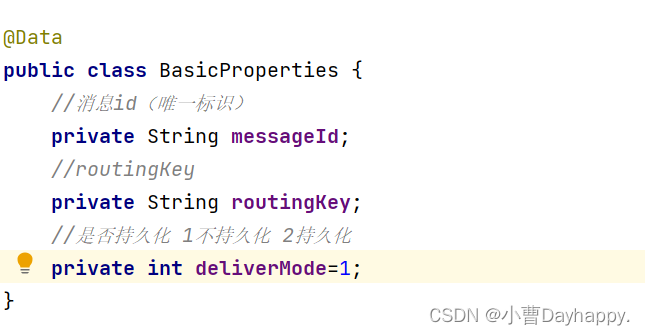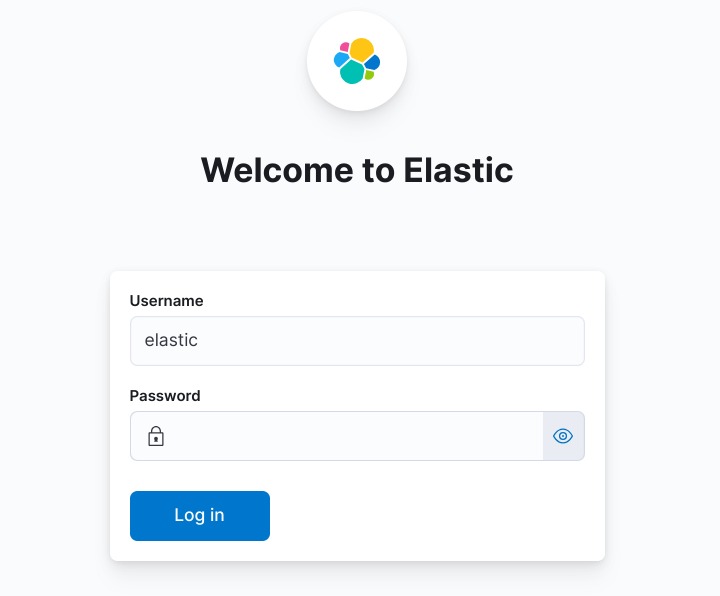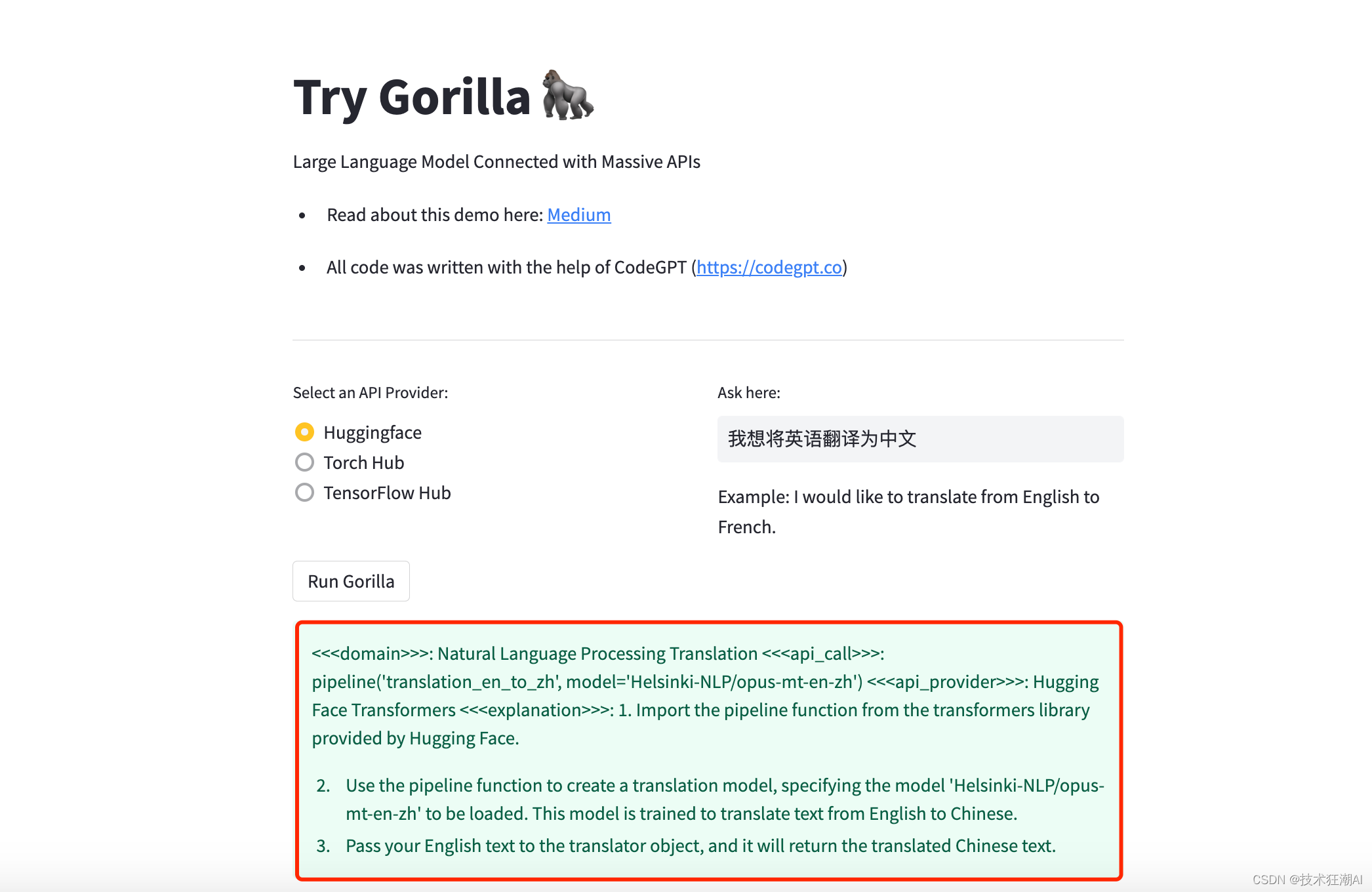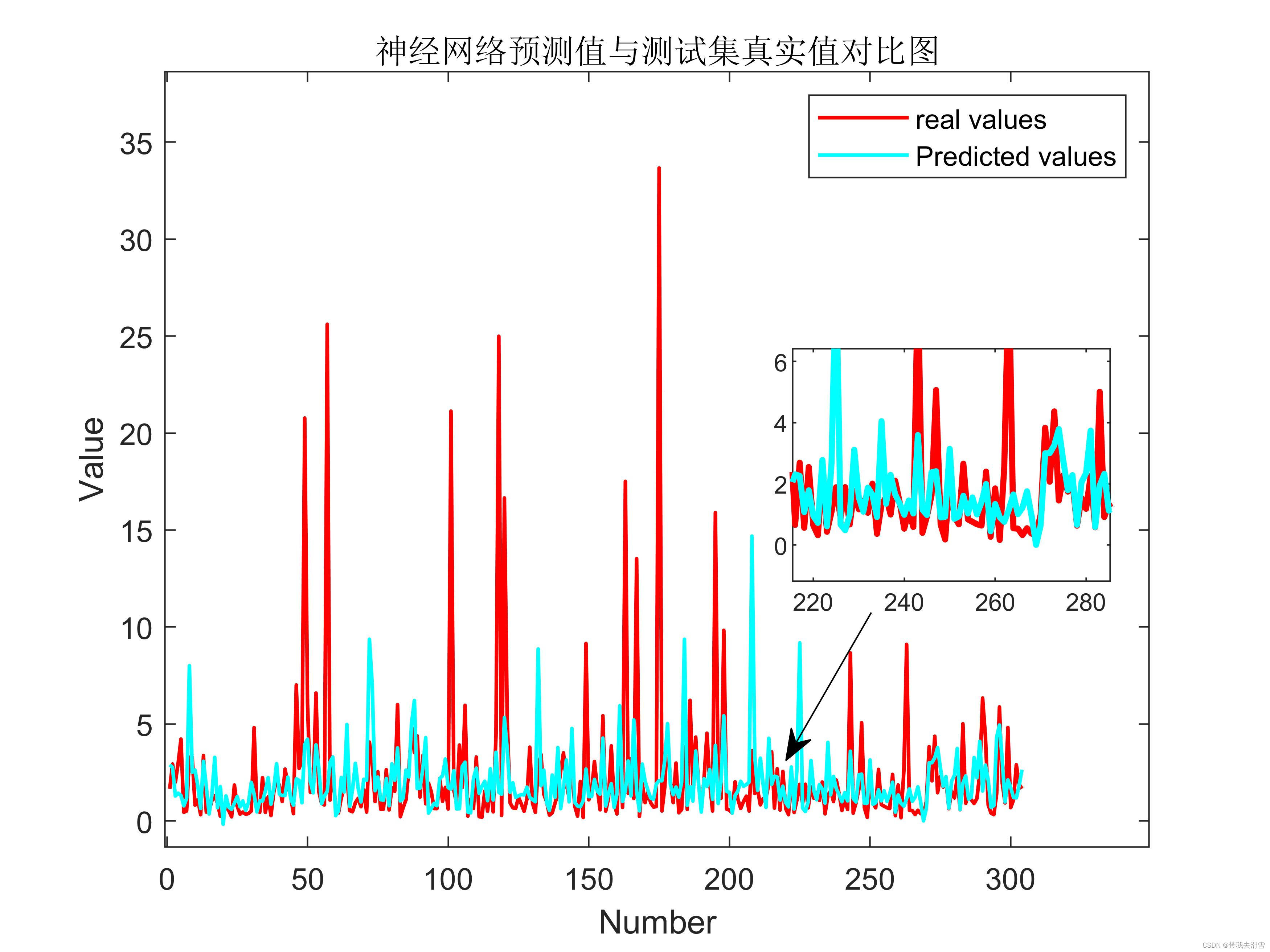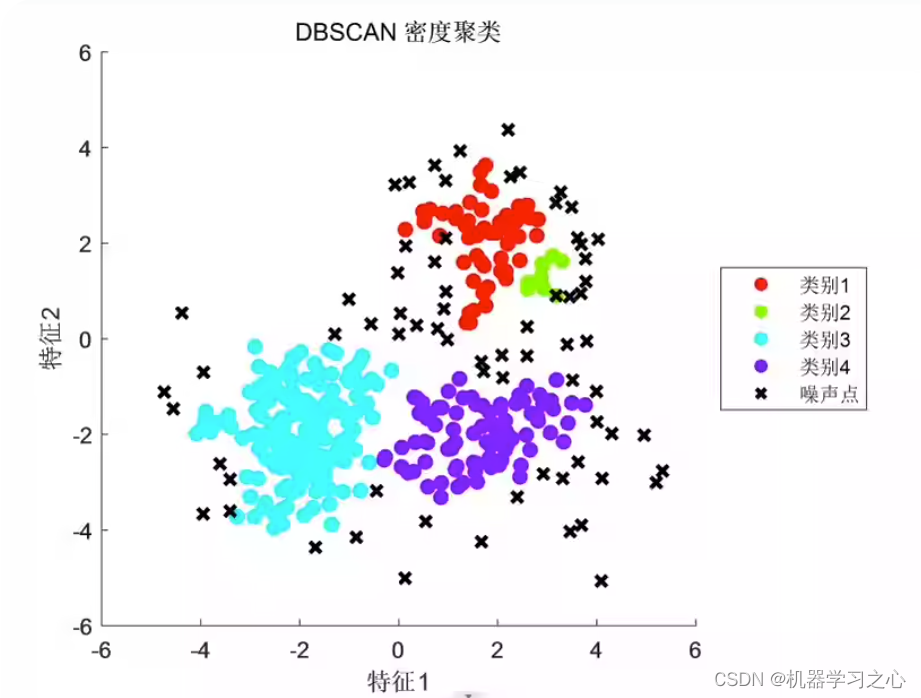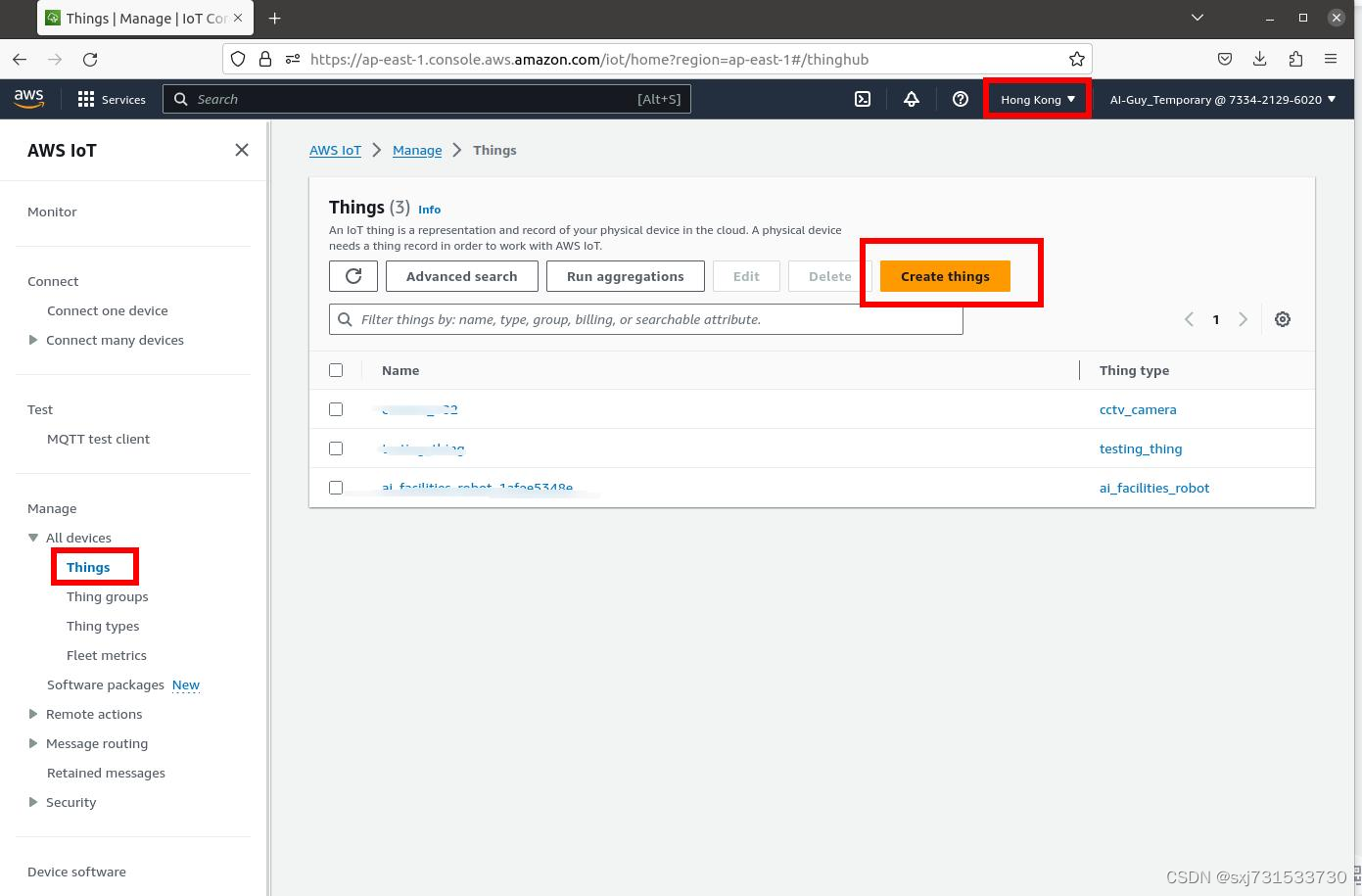文章目录
- 获取挂载路径
- 监控U盘热拔插事件
- libusb
- 文件系统类型
- 通过挂载点获取挂载路径
- 添libudev加库
获取挂载路径
#include <stdio.h>
#include <libudev.h>
#include <string.h>int main() {struct udev *udev;struct udev_enumerate *enumerate;struct udev_list_entry *devices, *entry;// 创建udev上下文和设备枚举器udev = udev_new();if (!udev) {printf("Failed to create udev context\n");return 1;}enumerate = udev_enumerate_new(udev);if (!enumerate) {printf("Failed to create udev enumerate\n");udev_unref(udev);return 1;}// 添加匹配过滤器以选择块设备(U盘)udev_enumerate_add_match_subsystem(enumerate, "block");udev_enumerate_scan_devices(enumerate);devices = udev_enumerate_get_list_entry(enumerate);// 遍历设备列表并获取设备信息udev_list_entry_foreach(entry, devices) {const char *sys_path = udev_list_entry_get_name(entry);struct udev_device *dev = udev_device_new_from_syspath(udev, sys_path);const char *devnode = udev_device_get_devnode(dev);printf("Device node path: %s\n", udev_device_get_devnode(dev));
#if 0// 检查设备是否是U盘,可以根据需求添加其他判断条件if (udev_device_get_devtype(dev) && strcmp(udev_device_get_devtype(dev), "disk") == 0) {printf("U盘挂载路径:%s\n", devnode);}
#endifudev_device_unref(dev);}// 清理资源udev_enumerate_unref(enumerate);udev_unref(udev);return 0;
}
编译指令
gcc your_code.c -o your_executable -ludev
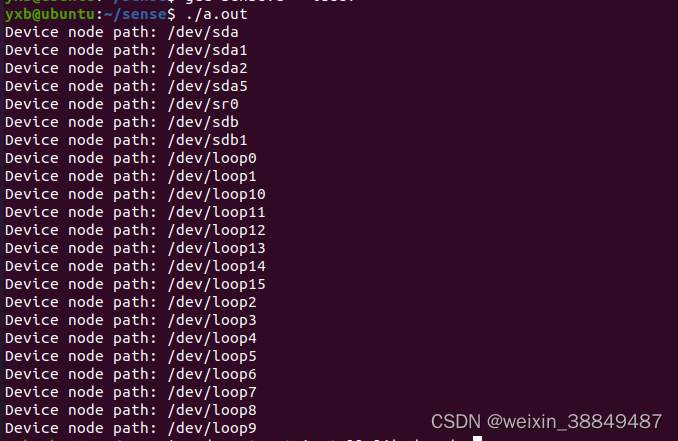
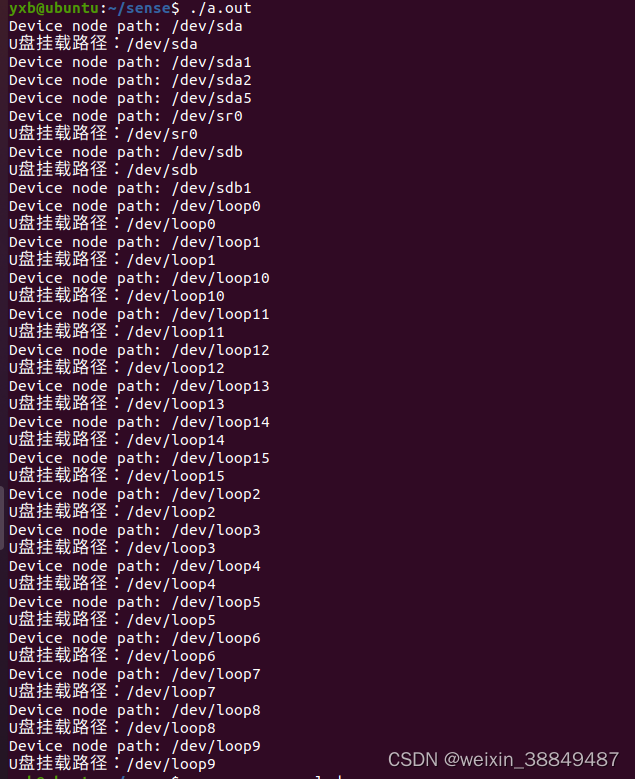
监控U盘热拔插事件
#include <stdio.h>
#include <libudev.h>
#include <string.h>int main() {struct udev *udev;struct udev_enumerate *enumerate;struct udev_list_entry *devices, *entry;// 创建udev上下文和设备枚举器udev = udev_new();if (!udev) {printf("Failed to create udev context\n");return 1;}struct udev_monitor *mon = udev_monitor_new_from_netlink(udev, "udev");
int fd = udev_monitor_get_fd(mon);udev_monitor_filter_add_match_subsystem_devtype(mon, "block", NULL);
udev_monitor_enable_receiving(mon);while (1) {fd_set fds;FD_ZERO(&fds);FD_SET(fd, &fds);// 使用select函数等待设备事件if (select(fd+1, &fds, NULL, NULL, NULL) > 0) {if (FD_ISSET(fd, &fds)) {struct udev_device *dev = udev_monitor_receive_device(mon);if (dev) {const char *action = udev_device_get_action(dev);// 判断事件类型,处理U盘插入和移除事件if (strcmp(action, "add") == 0) {printf("U盘插入\n");} else if (strcmp(action, "remove") == 0) {printf("U盘移除\n");}udev_device_unref(dev);}}}
}// 清理资源udev_enumerate_unref(enumerate);udev_unref(udev);return 0;
}
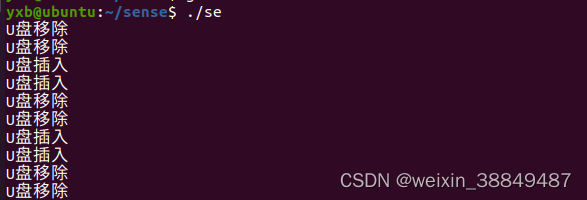
libusb
#include <stdio.h>
#include "/home/hty/Project/oneway_qt5/ui/oneway/onewaysendui_socket.new/libusb.h"
#include <assert.h>#define VENDOR_ID LIBUSB_HOTPLUG_MATCH_ANY // U盘的厂商ID
#define PRODUCT_ID LIBUSB_HOTPLUG_MATCH_ANY // U盘的产品ID#if 1
static int LIBUSB_CALL usb_callback(libusb_context *ctx, libusb_device *dev, libusb_hotplug_event event, void *user_data)
{printf("\n\n12345235235\n\n");if (event == LIBUSB_HOTPLUG_EVENT_DEVICE_ARRIVED) {printf("U盘已插入\n");// 在这里执行U盘插入时的操作} else if (event == LIBUSB_HOTPLUG_EVENT_DEVICE_LEFT) {printf("U盘已拔出\n");// 在这里执行U盘拔出时的操作}
}static int LIBUSB_CALL usb_callback_in(libusb_context *ctx, libusb_device *dev, libusb_hotplug_event event, void *user_data)
{printf("\n\n12___________\n\n");printf("U盘已插入\n");// 在这里执行U盘插入时的操作fflush(stdout);
}static int LIBUSB_CALL usb_callback_out(libusb_context *ctx, libusb_device *dev, libusb_hotplug_event event, void *user_data)
{printf("\n\n12----------\n\n");printf("U盘已拔出\n");// 在这里执行U盘拔出fflush(stdout);
}libusb_hotplug_callback_fn fn = usb_callback;
int main(void)
{libusb_context *ctx = NULL;libusb_context *context = NULL;int rc = 0;rc = libusb_init(&ctx);assert(rc == 0);rc = libusb_has_capability( LIBUSB_CAP_HAS_HOTPLUG);if(rc!=0){printf("capability\n");}//libusb_hotplug_callback_handle handle;//rc=libusb_hotplug_register_callback(ctx, LIBUSB_HOTPLUG_EVENT_DEVICE_ARRIVED |LIBUSB_HOTPLUG_EVENT_DEVICE_LEFT, LIBUSB_HOTPLUG_ENUMERATE,VENDOR_ID, PRODUCT_ID, LIBUSB_HOTPLUG_MATCH_ANY, (libusb_hotplug_callback_fn)usb_callback, NULL, &handle);//rc=libusb_hotplug_register_callback(ctx, LIBUSB_HOTPLUG_EVENT_DEVICE_ARRIVED |LIBUSB_HOTPLUG_EVENT_DEVICE_LEFT, LIBUSB_HOTPLUG_ENUMERATE,VENDOR_ID, PRODUCT_ID, 0, (libusb_hotplug_callback_fn)usb_callback, NULL, &handle);libusb_hotplug_callback_handle handle_in;libusb_hotplug_callback_handle handle_out;rc=libusb_hotplug_register_callback(ctx, LIBUSB_HOTPLUG_EVENT_DEVICE_ARRIVED, LIBUSB_HOTPLUG_NO_FLAGS,LIBUSB_HOTPLUG_MATCH_ANY,LIBUSB_HOTPLUG_MATCH_ANY, LIBUSB_HOTPLUG_MATCH_ANY, (libusb_hotplug_callback_fn)usb_callback_in, NULL, &handle_in);rc=libusb_hotplug_register_callback(ctx, LIBUSB_HOTPLUG_EVENT_DEVICE_LEFT, LIBUSB_HOTPLUG_NO_FLAGS, LIBUSB_HOTPLUG_MATCH_ANY, LIBUSB_HOTPLUG_MATCH_ANY, LIBUSB_HOTPLUG_MATCH_ANY, (libusb_hotplug_callback_fn)usb_callback_out, NULL, &handle_out);
// libusb_exit(context);// rc = libusb_hotplug_register_callback(handle);if (rc != 0) {fprintf(stderr, "Failed to register hotplug callback\n");libusb_exit(ctx);return rc;}printf("正在监听 U盘插拔事件...\n");while (1) {rc = libusb_handle_events(ctx);if (rc != LIBUSB_SUCCESS) {fprintf(stderr, "libusb_handle_events() 出错:%s\n", libusb_strerror(rc));break;}printf("新事件产生了...\n");}//libusb_hotplug_deregister_callback(NULL,handle);libusb_hotplug_deregister_callback(NULL,handle_in);libusb_hotplug_deregister_callback(NULL,handle_out);return 0;
}#elsestatic int LIBUSB_CALL hotplug_callback(libusb_context *ctx, libusb_device *dev, libusb_hotplug_event event, void *user_data)
{printf("device insert \n");
}
int main(int argc, char **argv)
{libusb_hotplug_callback_handle hp;libusb_init (NULL);libusb_hotplug_register_callback (NULL, LIBUSB_HOTPLUG_EVENT_DEVICE_ARRIVED, LIBUSB_HOTPLUG_ENUMERATE, LIBUSB_HOTPLUG_MATCH_ANY,LIBUSB_HOTPLUG_MATCH_ANY, 0, hotplug_callback, NULL, &hp);while(1){libusb_handle_events(NULL);}libusb_hotplug_deregister_callback(NULL,hp);
}#endif
文件系统类型
#include <stdio.h>
#include <libudev.h>
#include <stdlib.h>
#include <string.h>int main() {struct udev *udev = udev_new();if (!udev) {printf("Failed to initialize udev\n");return 1;}struct udev_enumerate *enumerate = udev_enumerate_new(udev);udev_enumerate_add_match_subsystem(enumerate, "block");udev_enumerate_scan_devices(enumerate);struct udev_list_entry *devices = udev_enumerate_get_list_entry(enumerate);struct udev_list_entry *entry;udev_list_entry_foreach(entry, devices) {const char *path = udev_list_entry_get_name(entry);struct udev_device *dev = udev_device_new_from_syspath(udev, path);const char *devnode = udev_device_get_devnode(dev);
/*********************************************************************************/const char *fs_type = udev_device_get_property_value(dev, "ID_FS_TYPE");// Output the device node and file system typeif (devnode && fs_type) {printf("Device: %s\n", devnode);printf("File System Type: %s\n", fs_type);}
/**********************************************************************************/udev_device_unref(dev);}udev_enumerate_unref(enumerate);udev_unref(udev);return 0;
}
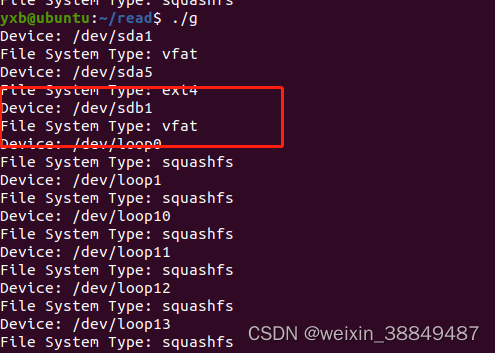
这段代码使用 libudev 库,通过遍历 U 盘设备列表获取设备节点和文件系统类型。首先,使用 udev_new()函数初始化 udev 上下文,然后创建一个 udev_enumerate 对象,并设置匹配子系统为 “block”。接下来,使用 udev_enumerate_scan_devices() 函数扫描设备。然后,获取设备列表,并使用 udev_list_entry_foreach() 函数遍历列表。在遍历过程中,通过调用 udev_device_new_from_syspath() 函数根据设备的 syspath 创建一个 udev_device 对象。然后,使用 udev_device_get_devnode() 函数获取设备节点和 udev_device_get_property_value() 函数获取文件系统类型。最后,输出设备节点和文件系统类型。
通过挂载点获取挂载路径
#include <stdio.h>
#include <stdlib.h>
#include <string.h>#define MAX_PATH 256char* get_usb_device_path(const char* mount_point) {FILE* fp;char* line = NULL;size_t len = 0;ssize_t read;char* device_path = NULL;// 打开 /proc/mounts 文件fp = fopen("/proc/mounts", "r");if (fp == NULL) {printf("Failed to open /proc/mounts\n");return NULL;}// 逐行读取 /proc/mounts 文件while ((read = getline(&line, &len, fp)) != -1) {char* token;char* saveptr = NULL;char* mount;char* device;// 解析挂载点和设备路径token = strtok_r(line, " ", &saveptr);mount = token;token = strtok_r(NULL, " ", &saveptr);device = token;// 如果挂载点匹配,保存设备路径if (strcmp(mount, mount_point) == 0) {device_path = strdup(device); // 保存设备路径的副本break;}}// 关闭文件和释放资源fclose(fp);if (line) {free(line);}return device_path;
}int main() {const char* mount_point = "/dev/sdb1"; // 替换为你的挂载点char* device_path = get_usb_device_path(mount_point);if (device_path) {printf("USB Device Path: %s\n", device_path);free(device_path);} else {printf("USB device not found\n");}return 0;
}

添libudev加库
sudo apt-get install libudev-dev


